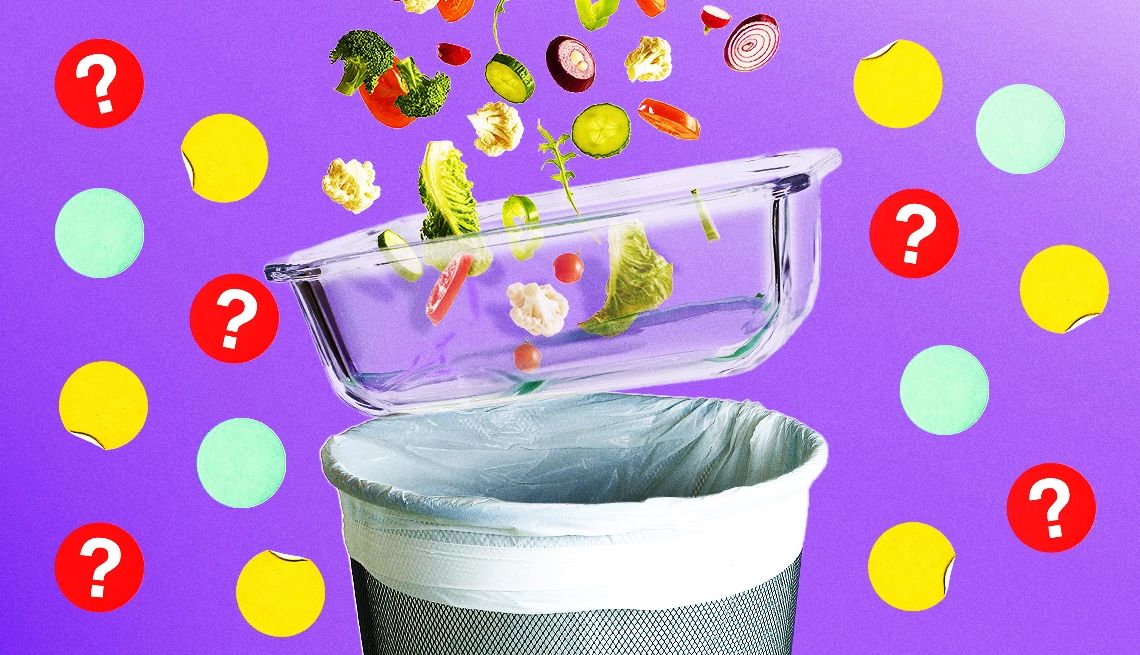AARP Hearing Center


Food waste is a big problem in this country. According to the Natural Resources Defense Council, Americans throw away more than 400 pounds of food per person each year. That’s roughly $1,800 per year for a household of four. For those over 50 who may be on a fixed income, that can take a major bite out of their wallets. But it doesn’t have to be this way. Read our Smart Guide to Reducing Food Waste, then test your knowledge of what you’ve learned. You’ll come away with plenty of tips for keeping food out of landfills — and more money in your bank account.
This quiz was created with the assistance of generative AI. It was reviewed by editors before publication.































































You Might Also Like
Quiz: Bone Up on Bone Health
Test your knowledge of our Smart Guide to Bone Health
How Well Does Rob Lowe Know Rob Lowe Trivia?
How we lured the actor turned game show host into becoming a contestant
Breakfast Club Trivia: Test Your Knowledge
Challenge your memory with our Breakfast Club trivia